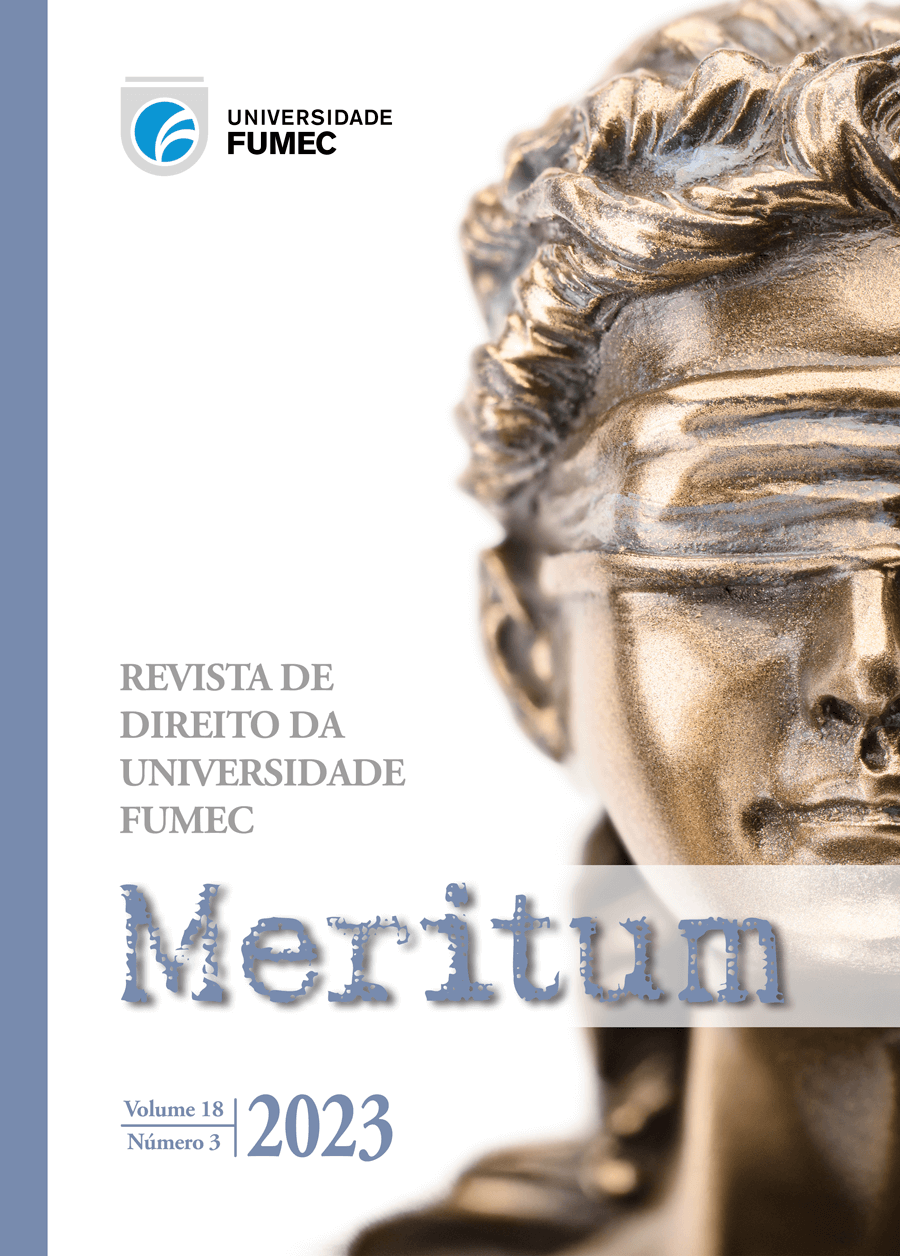O PROCESSO ESTRUTURAL COMO INSTRUMENTO DE EFETIVAÇÃO DE POLÍTICAS PÚBLICAS
DOI :
https://doi.org/10.46560/meritum.v18i3.9716Résumé
O presente trabalho apresenta um estudo sobre a tutela de interesses coletivos e aponta o processo estrutural como um dos instrumentos processuais adequados para efetivação das políticas públicas, sobretudo quando houver omissão dos Poderes Executivo e Legislativo no trato dessas políticas. Amparado em uma pesquisa exploratória-bibliográfica, direcionada pelo método analítico-dedutivo serão analisados os delineamentos do processo estrutural e o papel do Poder Judiciário enquanto garante dos direitos sociais e fundamentais diante do paradigma do Estado Democrático de Direito. Ao final, será demonstrada que as políticas públicas devem ser judicializadas diante da inércia dos outros dois Poderes. Contudo, a autuação do Poder Judiciário na implementação das políticas públicas deverá acontecer de forma democrática, responsável,controlada,não abusiva, propiciando acordos, negociações, entendimento, participação dos grupos e de profissionais técnicos conhecedores do assunto tratado e dessa forma alcançar de forma ampla toda a coletividade garantindo a efetivação dos direitos sociais fundamentais constantes da Constituição da República de 1988.
Téléchargements
Publié-e
Numéro
Rubrique
Licence
Autores que publicam nesta revista concordam com os seguintes termos:
- Autores mantém os direitos autorais e concedem à revista o direito de primeira publicação, com o trabalho simultaneamente licenciado sob a Licença Creative Commons Attribution que permite o compartilhamento do trabalho com reconhecimento da autoria e publicação inicial nesta revista;
- Autores têm autorização para assumir contratos adicionais separadamente, para distribuição não-exclusiva da versão do trabalho publicada nesta revista (ex.: publicar em repositório institucional ou como capítulo de livro), com reconhecimento de autoria e publicação inicial nesta revista;
- Autores têm permissão e são estimulados a publicar e distribuir seu trabalho online (ex.: em repositórios institucionais ou na sua página pessoal) a qualquer ponto antes ou durante o processo editorial, já que isso pode gerar alterações produtivas, bem como aumentar o impacto e a citação do trabalho publicado (Veja O Efeito do Acesso Livre).






